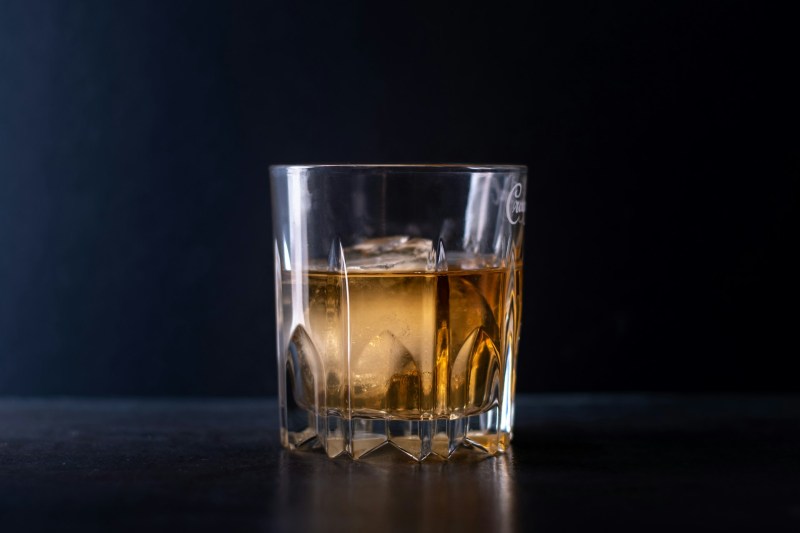When it comes to bourbon whiskey, there are a lot of different terms you need to know to be fluent in the language of this corn-based spirit. Some of the more confusing terms include “cask strength,” “proof,” “bottle-in-bond,” and “straight.” These phrases need a little bit of explaining. But one that seems fairly straightforward is “store-pick.” But is it?
What is a store-pick bourbon?

In the simplest terms, a store-pick bourbon is exactly as it seems. It’s the term used to describe a bourbon expression selected by a liquor store, bar, restaurant, and other liquor-related venues directly from a distillery. The buyer picks out a barrel and then the distillery bottles and labels it specifically for the liquor store or whoever purchases it. It’s then sold there as a limited-edition expression. It’s not a “store brand,” as it isn’t produced for the store. Instead, it’s selected by the store or venue from a distillery.
It’s often referred to as a “private barrel” because this expression hasn’t been released by the distillery to the masses — the only way you can get it is by buying it from whoever purchased it from the distillery. It’s a popular choice among bourbon aficionados, as many drinkers are constantly looking for something new, exciting, and limited that other drinkers won’t be able to get their hands on.
How are store-pick bourbons selected?

There’s no clear-cut answer about how store-pick bourbons are selected. This is because every distillery has a different selection process. Some brands simply give a store or venue the details of a barrel and sell it to them sight unseen. Others invite the buyer to actually visit the distillery and sample a handful of selected barrels to pick the one they want. Still, other distilleries mail samples out, and the buyer picks their favorite and then they purchase the barrel they pick.
After the barrel is picked

Once the order is placed and the barrel is ready, the distillery will bottle the whiskey and make labels specifying that it’s a private barrel with all the important information. The bottles are then shipped to the buyer. Often, the now-empty barrel is included as well.
Bottom line

Store-pick bourbon is extremely popular. Drinkers love to get their hands on limited-edition bottles for collecting. Others enjoy cracking open limited-edition expressions and enjoying them with friends and family. It should be noted that, while private barrel bourbons are popular and sometimes unique, they aren’t always that much better than the expressions bottled by the brand itself.
If you find a store-pick bourbon from Maker’s Mark, Four Roses, or some other well-known brand, it’s simply a barrel selected by the store. It has a unique and sometimes interesting label, can’t be purchased anywhere else, and might have a slightly different flavor profile than the brand’s classic expressions (and one that you might not necessarily prefer). But it likely won’t blow you away with its differences. It’s also a little more expensive. It’s up to you to decide if a store-pick bourbon is worth an extra price.




